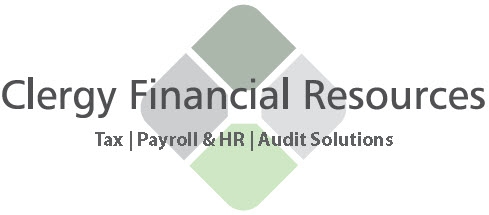Individual Coverage HRA (ICHRA)
$395.00
HRAs are now returning to their place as a beacon of health coverage choice and freedom with the Individual Coverage HRA, the new plan model announced by President Trump in June 2019. In fact, the ICHRA is the most flexible and affordable option yet in employer-sponsored health plans. In his announcement, President Trump said that the individual health coverage market will end up seeing a 50% increase, which will have the result of lowering individual health coverage premiums. Also, it is expected that 90% of employers implementing the new ICHRA will be companies with 20 or fewer employees.
Advantages for employers
- Employers providing the individual care HRA are not required to sponsor a group health plan for those employees;
- The ICHRA is available to employee groups of any size;
- There is no minimum or maximum limit on the amount of funding an employer may provide;
- Broad latitude is given to defining employee classification groups for variations in the type of coverage offered and the level of the individual care HRA benefit;
- Participants provide required proof of coverage; no further employer processing required;
- Integrates with Medicare (for eligible employees); and,
- Works with HSAs and health FSAs.
Advantages for employees
- Choose your own individual health coverage based on what you need and what you can afford;
- Be reimbursed for qualifying health insurance up to the amount your employer provides in the ICHRA;
- Keep the same health insurance when you change jobs;
- No steep increase in health insurance premium if you leave work altogether (as usually applies under COBRA);
- When both spouses have an employer-sponsored ICHRA, premium reimbursement can be split between the two; and,
- An opt-out provision for employees that would rather forego the new HRA in favor of a premium tax credit on a health care exchange.
ICHRA
The ICHRA works much the same as other HRAs, with the following important differences:
-
- Reimburses premiums from open market or exchange;
- Available to businesses with any number of employees;
- Participating employees are no longer eligible for a premium tax credit for coverage purchased on an exchange; and,
- Employees may opt out of HRA reimbursements to retain eligibility for premium tax credit.



